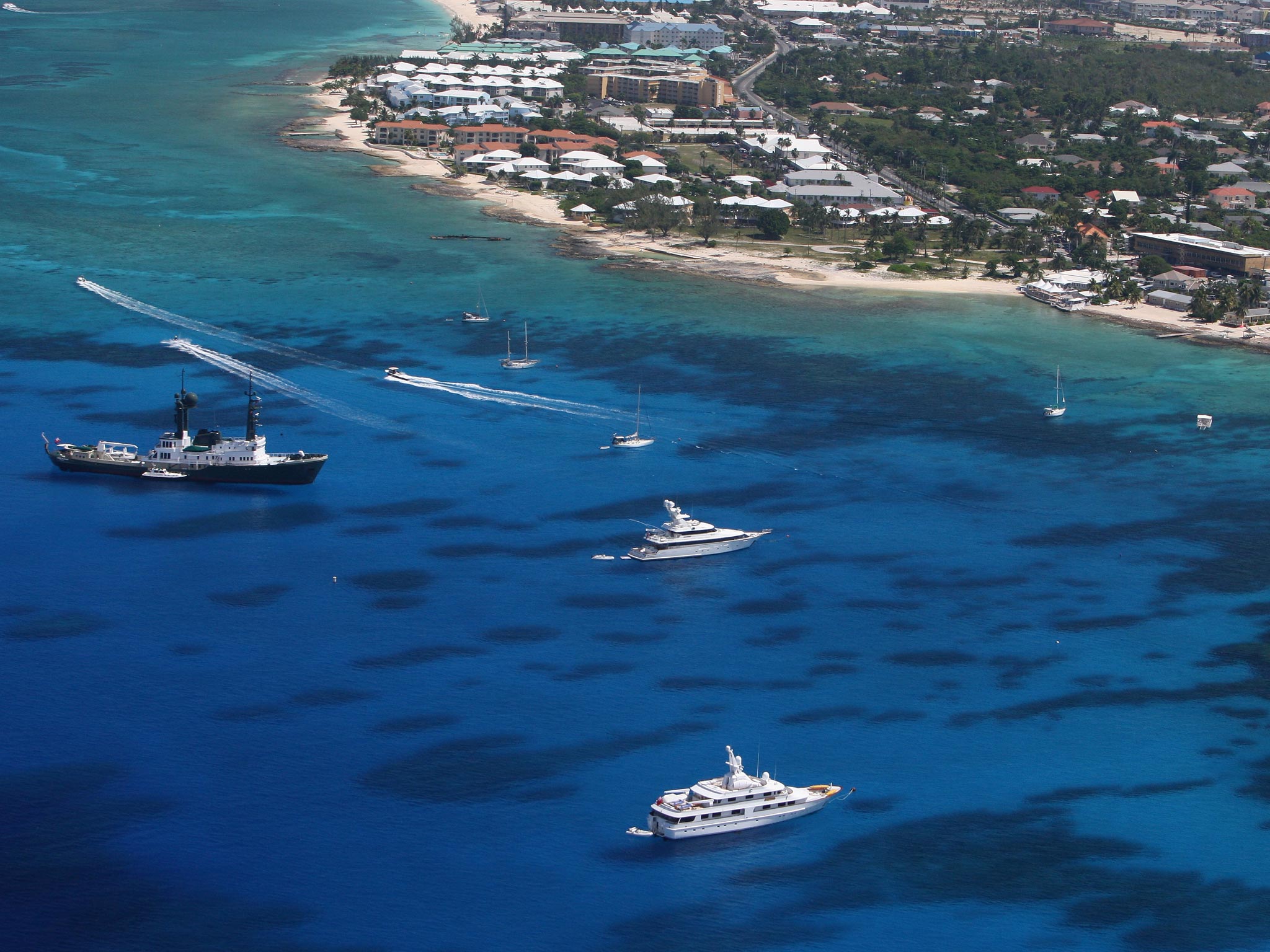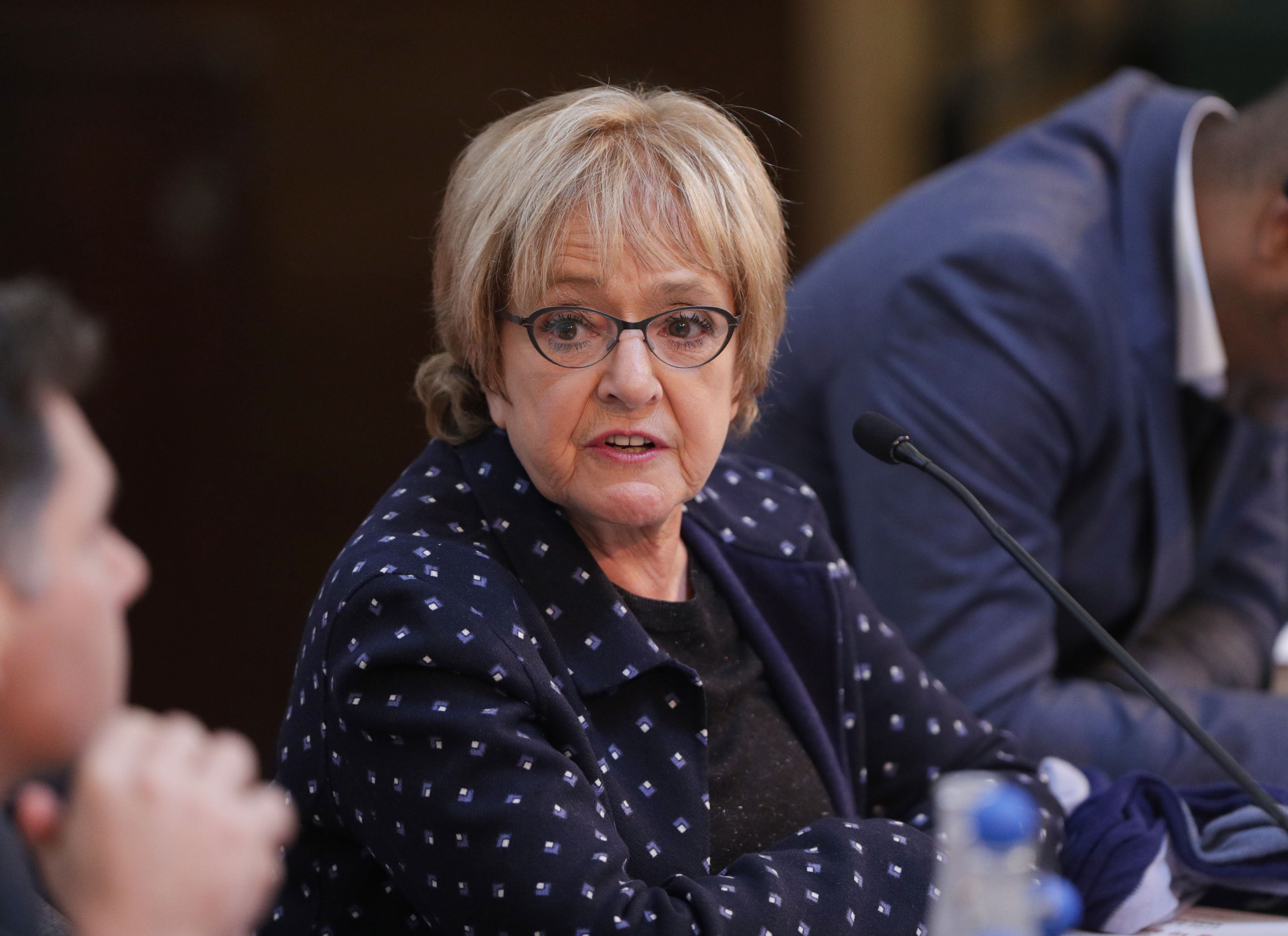Oligarchs will hide wealth in UK’s offshore tax havens, government warned
Exclusive: The ‘dirty money’ legislation being rushed through parliament won’t prevent use of British territories, say campaigners

Your support helps us to tell the story
From reproductive rights to climate change to Big Tech, The Independent is on the ground when the story is developing. Whether it's investigating the financials of Elon Musk's pro-Trump PAC or producing our latest documentary, 'The A Word', which shines a light on the American women fighting for reproductive rights, we know how important it is to parse out the facts from the messaging.
At such a critical moment in US history, we need reporters on the ground. Your donation allows us to keep sending journalists to speak to both sides of the story.
The Independent is trusted by Americans across the entire political spectrum. And unlike many other quality news outlets, we choose not to lock Americans out of our reporting and analysis with paywalls. We believe quality journalism should be available to everyone, paid for by those who can afford it.
Your support makes all the difference.Legislation aimed at cracking down on dirty money won’t stop oligarchs from Russia or elsewhere using the UK’s offshore tax havens to hide their cash, experts warn.
Campaigners and MPs say “significant loopholes” remain in the government’s Economic Crime Bill, set to become law within days, as the government tries to root out illicit wealth linked to Vladimir Putin’s regime.
Anti-corruption experts say oligarchs will continue to be able to use shell companies in the UK’s Crown Dependencies and Overseas Territories (CDOTs) – known to be centres of financial secrecy – to dodge the British authorities.
Anti-corruption organisation Transparency International is calling for the government to strike emergency deals with these islands to gain full access to their records and prevent the sale of assets bought with “dirty money from Russia and elsewhere”.
Rachel Davies, Transparency International’s head of advocacy, told The Independent: “The government can’t freeze any assets if they don’t know where they are.
“The oligarchs are using shell companies registered in these jurisdictions to hide their wealth in London.
“We need an agreement, even on a temporary basis, so law enforcement has open, searchable access to company data in these offshore financial centres.”
Transparency International has linked £830m-worth of property in the UK’s CDOT islands to people close to Putin’s government, or to Russians accused of corruption.
Although the government has imposed sanctions on 20 Putin-linked oligarchs – as well as 386 members of the Russian parliament – foreign secretary Liz Truss has said she has a long “hit list” of wealthy Russians as part of a “rolling programme” of sanctions.
The Economic Crime Bill is aimed at imposing greater transparency over oligarchs’ UK real estate through a new register requiring overseas companies to reveal the name of the “beneficial owner” of each property.
However, owners have been given a six-month implementation period, prompting fears that oligarchs will have plenty of time to restructure their assets – or sell them off – before they can be frozen under any new government sanctions.
Campaigners also fear oligarchs have at least 18 months to make use of tax havens.
The UK’s overseas territories, and the Crown Dependencies of Jersey, Guernsey and the Isle of Man, have agreed to set up a public register of company owners – but not until end of 2023.
The Tax Justice Network is dismayed that the legislation set to pass this week does nothing to address arrangements in offshore territories.
“The bill is almost worse than nothing,” said Alex Cobham, the group’s chief executive. “It still allows [oligarchs] to hide behind opaque corporate structures. And I would expect a lot of it to be done through overseas territories and crown dependencies. All it will do is formalise the UK’s continuing acceptance of dirty money.”
Conservative MP Andrew Mitchell and Labour MP Dame Margaret Hodge – who have campaigned against financial secretary in tax havens – want the government to demand these territories provide full access to their company records this year.
Dame Margaret told The Independent: “Our tax havens are being used as vehicles for hiding money, as vehicles for secrecy. Undoubtedly the oligarchs can use those jurisdictions as tax havens until 2023.”

The Labour MP said the government will have to come up with new legislation to boost the government’s enforcement agencies and crack down on any “enablers” helping oligarchs protect their money.
“You also need to tackle the enablers – the accountants, estate agents and lawyers who are facilitating this,” said Dame Margaret. “You need to make them properly accountable. You need to create criminal offences. That’s the only way you will stop it.”
Bill Browder, the anti-corruption campaigner who fought for the UK’s Magnitsky sanctions law, also wants the government to come up with more legislation. He said oligarchs had been helped to make asset ownership “nearly impossible to prove” – both in the UK and the offshore CDOTs.
He said: “In order to get to the oligarchs’ wealth, the UK needs to introduce legislation that would force the law firms and accountants who helped the oligarchs set up these schemes to come forward and share information. Without that we are going to be flying blind.”
MPs and campaigners are worried that the Economic Crime Bill – set for debate in the Lords on Monday, and expected to be passed into law on Tuesday – contains other glaring gaps.
Susan Hawley, executive director at Spotlight on Corruption, points to a “no beneficial owner” loophole, which could see some companies avoid naming an individual on the new property register by hiding behind trusts.
She and others are also concerned that kleptocrats will use share ownership rules set out in the bill to avoid detection.
Someone must hold 25 per cent of the shares in a property to be named as the person of “significant control” – sparking fears oligarchs will simply offload some of the shares through their overseas entity.
“There are some significant loopholes in the bill which are really worrying,” said Ms Hawley. “It’s going to be really hard to verify overseas entities. There are so many ways for the wealthy to hide behind opaque corporate structures.”
But with peers not keen to hold up the current bill, campaigners have conceded they may have to wait months for more legislation on dirty money.
Home secretary Priti Patel said earlier this week there would be a second Economic Crime Bill in the next session of parliament, in June or July, because ministers “cannot get all the measures in right now”.
A government spokesperson said the Economic Crime Bill was part of a “wider package of legislative proposals” to tackle illicit finance in the coming months, including reform of Companies House.
Asked about the UK’s offshore jurisdictions, the spokesperson said: “We continue to lead the way in our fight against corruption, working closely with the private sector, international partners and the Crown Dependencies and Overseas Territories to ensure there are no safe havens for criminals to hide their dirty money.
“UK law enforcement has good existing information sharing mechanisms with the Crown Dependencies and Overseas Territories, including on beneficial ownership information.”


Join our commenting forum
Join thought-provoking conversations, follow other Independent readers and see their replies
Comments